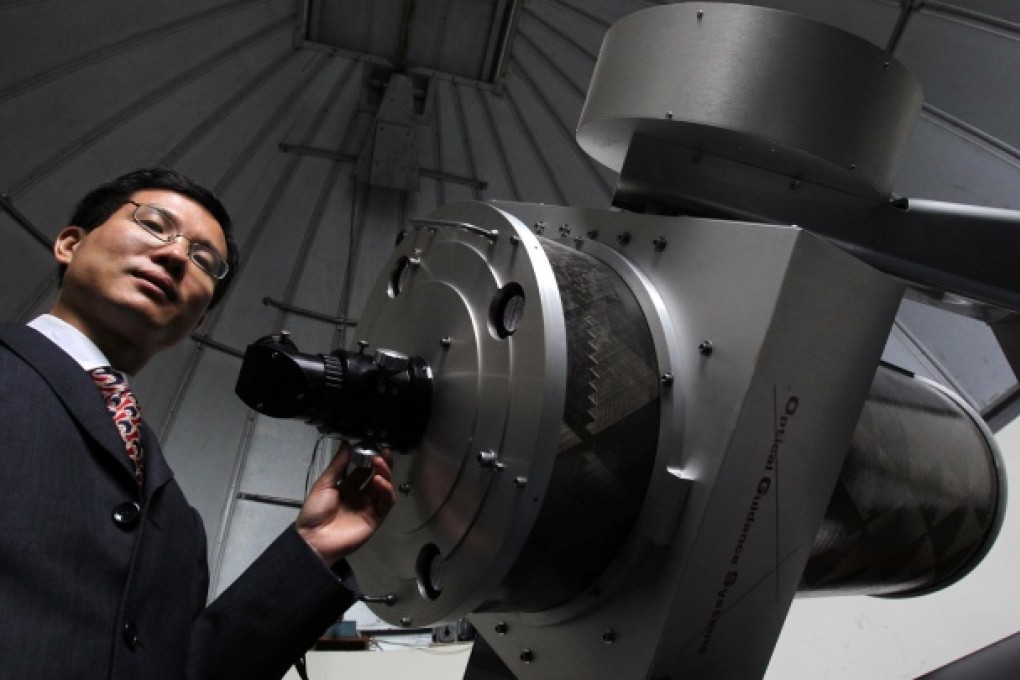Legal expert calls for update to city's space laws
Growing use of commercial satellites exposes grey areas in copyright and accident liabilities

Hong Kong needs to update its 23-year-old outer space law to keep pace with the growing use of commercial satellites both in the city and overseas, a legal expert says.
Dr Zhao Yun, the city's top outer space law specialist and an associate professor with the University of Hong Kong, said there were many grey areas in the Outer Space Ordinance.
These included the copyright of raw data transmitted by satellites as well as the liabilities of different parties in the case of a collision in space.
Zhao said a review was needed to bring the ordinance up to date.
While the issue may sound far removed from everyday life, it could have real implications for Hong Kong. The city is the region's top telecommunication centre and the home of two of the region's top satellite companies - Asia Satellite Telecommunications Co Ltd and APT Satellite Co Ltd. Both are listed in Hong Kong and are licensed by the government to operate outer space activities for commercial purposes.
Zhao said that as there was no relevant case law in Hong Kong or overseas regarding disputes arising from outer space activities, most such disputes were settled through arbitration or negotiation instead of going to court.
Hong Kong introduced the Outer Space Act 1986 in 1990 and the Outer Space Ordinance in 1997. The ordinance requires an individual party which launches or operates a space object to obtain a licence from the government. But there is no legislation covering ownership and use of raw data collected from satellites. The Personal Data (Privacy) Ordinance and Copyright Ordinance only protects information that has already been processed or analysed.